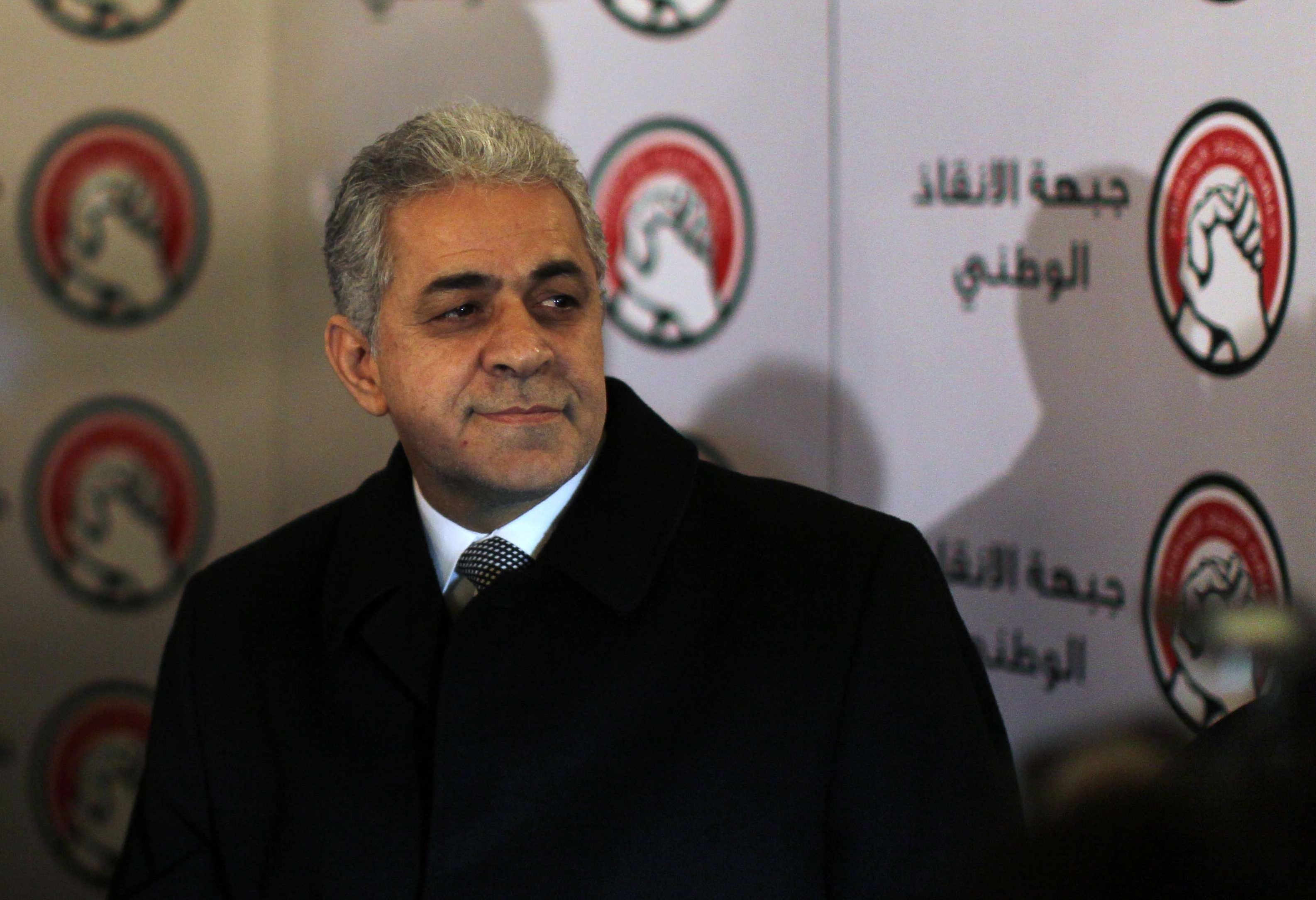Deputy Prime Minister for Industrial Development and Minister of Industry and Transport Kamel Al-Wazir affirmed the government’s ongoing commitment to reviewing applications for establishing private free zone projects and granting golden licenses, as part of broader efforts to attract investment and boost industrial development.
Speaking during the 27th meeting of the Ministerial Group for Industrial Development — attended by ministers of electricity, housing, petroleum, planning, public enterprise, investment and other senior officials — Al-Wazir emphasised the importance of activating the one-stop shop system at the Industrial Development Authority. As the sole body authorised to issue industrial licences, this step aims to reduce bureaucratic overlap among entities responsible for land allocation and project approvals.
During the meeting, the committee reviewed and approved three new private free zone projects submitted by industrial companies. These include:
- A PVC panels and flooring manufacturing plant in the industrial zone of New Alamein City, with investments of $108m, expected to create 2,150 job opportunities.
- A ready-made garments factory in the medium industries zone of New Beni Suef City, with investments of $30m, targeting 9,000 jobs.
- A textile manufacturing project in 10th of Ramadan City, Sharqia Governorate, with investments of $78.5m, set to provide 4,000 jobs.
Al-Wazir noted that the PVC panels project represents a new industry for the Egyptian market and will help meet domestic demand from a strategic location in New Alamein. He added that the garments and textile factories align with Egypt’s strategy to expand labor-intensive, energy-efficient industries where the country enjoys competitive advantages thanks to skilled labor and industry experience.
The minister also highlighted government efforts to encourage industrial investment in governorates such as Beni Suef, Minya, and Fayoum, which are rich in skilled labor. Two integrated textile cities have already been launched in Wadi El-Saririya (Minya) and the North Fayoum Industrial Zone to support job creation, meet local market needs, and boost exports.
As part of its broader strategy to enhance the investment climate and improve the management of industrial land, the meeting discussed mechanisms for upgrading utilities in industrial zones to ensure optimal infrastructure use in support of economic growth. Al-Wazir directed the formation of a joint technical committee — comprising representatives from the ministries of industry, planning, finance, housing, local development, and the Federation of Egyptian Industries — to study the restructuring of the Industrial Utilities Support Fund and expand utilities provision to underserved industrial areas. The review will cover administrative, financial, and technical aspects to maximise the fund’s effectiveness in supporting industrial development and infrastructure improvements.
The meeting also addressed policies to secure sustainable natural gas supplies for the industrial sector, taking into account energy cost challenges and factory operations. It highlighted the importance of rescheduling outstanding debts owed by factories to the Ministry of Petroleum and Mineral Resources through flexible mechanisms that enable continued production while protecting state rights.
Additionally, the committee reviewed recent efforts by the Ministry of Petroleum to secure gas supplies for the national grid — including higher domestic extraction and the use of regasification vessels — which have helped meet rising industrial demand and maintain production momentum.




